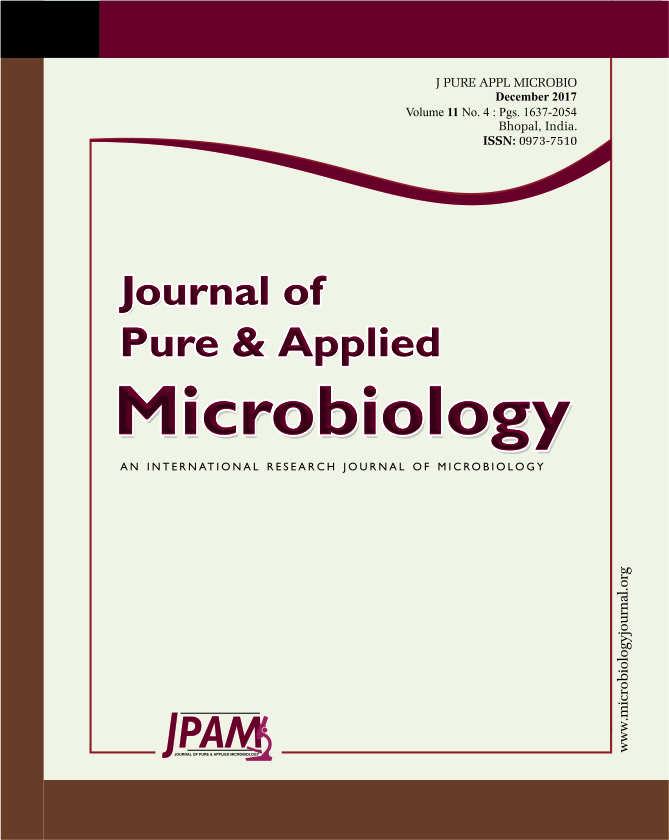Water quality of the Karnaphuli river, located in the southern region of Bangladesh, was assessed. A large population living in the area depend on this river for drinking, household, or recreational water. Several standard physicochemical and microbiological parameters were used to determine the level of pollution. The mean values of the physicochemical parameters were significantly different from those of the WHO guideline values. The microbiological examination of the river water as determined by measuring total coliform and total fecal coliform demonstrated that the water is highly contaminated by pathogenic bacteria. Coliform and fecal coliform counts were also significantly higher than those of the standards recommended by WHO. Water quality indices (WQI) of the river water at different stations were calculated to determine the severity of pollution. The results indicate that the river is highly polluted by various chemical pollutants and pathogenic bacteria. Regular monitoring and immediate measures are required to reduce risks for public health and safety.
Karnaphuli, Bangladesh, Water pollution, Physicochemical parameters, Bacteriological assessment, Water quality index.
© The Author(s) 2017. Open Access. This article is distributed under the terms of the Creative Commons Attribution 4.0 International License which permits unrestricted use, sharing, distribution, and reproduction in any medium, provided you give appropriate credit to the original author(s) and the source, provide a link to the Creative Commons license, and indicate if changes were made.


